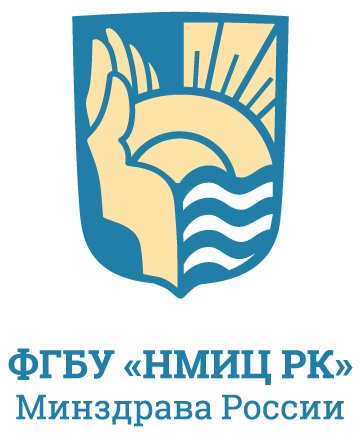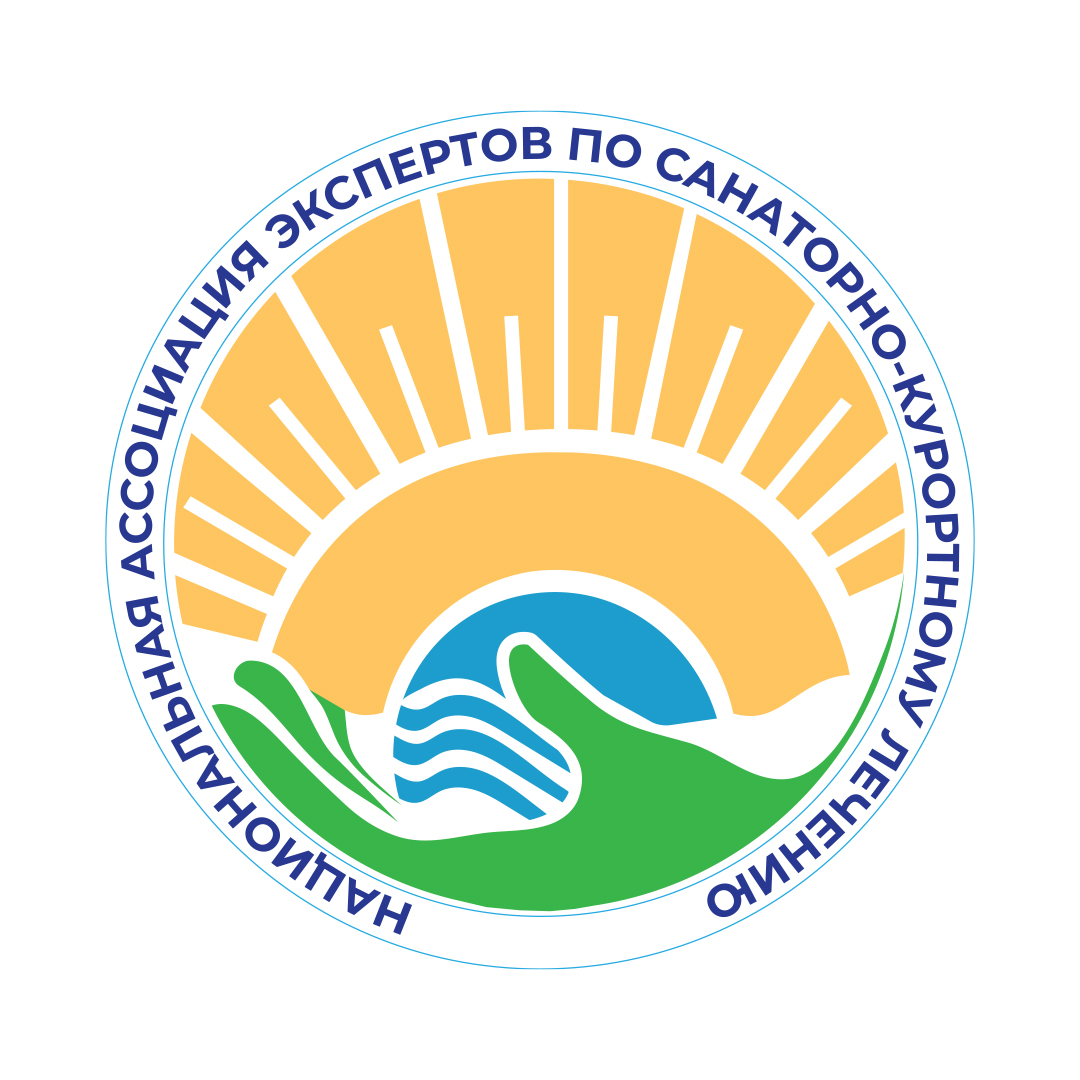Issue 24-5, 2025
Original article
Geriatric Rehabilitation with Diabetes Mellitus and Frailty: A Subanalysis of POSTSCRIPTUM Study
![]() Andrey E. Shoboev1,*,
Andrey E. Shoboev1,*,
![]() Oksana Yu. Kirgizova2
Oksana Yu. Kirgizova2
1 Bokhan District Hospital, Bokhan, Russia
2 Irkutsk State Medical Academy of Postgraduate Education — a branch of "Russian Medical Academy of Continuing Professional Education" of the Ministry of Health of the Russian Federation, Irkutsk, Russia
ABSTRACT
INTRODUCTION. Neurogenic dysphagia is a significant issue in modern medicine due to frequent secondary complications such as aspiration pneumonia, systemic inflammatory response, and nutritional deficiencies. Most treatment methods for neurogenic dysphagia remain at the preclinical trial stage, and currently, there is no definitive evidence for an effective therapy. This article presents data from a clinical study of the impact of acupuncture therapy in treating neurogenic dysphagia during the acute phase of stroke and evaluates the role of acupuncture at the first stage of rehabilitation in the prevention of secondary complications.
AIM. To determine the role of acupuncture therapy in the treatment of neurogenic dysphagia at the initial stage of rehabilitation in patients during the acute phase of stroke.
MATERIALS AND METHODS. An open-label comparative clinical study was conducted at two clinical facilities: Republican Clinical Hospital named after N.A. Semashko, the Ministry of Health of the Republic of Buryatia; Irkutsk Regional Clinical Hospital, winner of the Order of the Badge of Honor. The study was approved by the Ethics Committee of the Irkutsk State Medical Academy of Postgraduate Education (Protocol No. 2 of 28.03.2024). The study involved a total of 72 patients suffering from impaired swallowing function during the acute phase of ischemic stroke. Dysphagia was diagnosed by a speech therapist using the Brain Institute Clinic scale (BIC scale), Fiberoptic Endoscopic Dysphagia Severity Scale (FEDSS), and the Penetration-Aspiration Scale (PAS). Randomization was performed using the method of sealed envelopes, with all the patients divided into two groups. The control group (35 patients) received standard therapy combined with physiotherapy using the vocaSTIM device. The study group (37 patients) received standard therapy in combination with acupuncture (one course consisting of 10 sessions).
RESULTS AND DISCUSSION. The comparative clinical study showed that most patients experienced regression of post-stroke dysphagia. According to the results of this study, reflexotherapy is effective in restoring swallowing function compared to physiotherapy, as evaluated by the BIC scale on day 28 (p = 0.00001), FEDSS on day 14 (p = 0.00784), PAS on day 14 (p = 0.00956), reduces the duration of tube feeding, accelerates the resolution of aspiration infiltrative changes in the lungs, and reduces the need for tracheostomy.
CONCLUSION. This treatment method plays an important role in the management of post-stroke dysphagia and in the prevention of secondary complications when administered in a timely fashion.
KEYWORDS: acupuncture, stroke, rehabilitation, dysphagia
FOR CITATION:
Shoboev A.E., Kirgizova O.Yu. Effectiveness of Acupuncture Therapy in Patients with Post-Stroke Dysphagia: a Randomized Controlled Study. Bulletin of Rehabilitation Medicine. 2025; 24(5):27–33. https://doi.org/10.38025/2078-1962-2025-24-5-27-33 (In Russ.).
FOR CORRESPONDENCE:
Andrey E. Shoboev, Е-mail: shoboev.87@mail.ru
References:
- Скворцова В.И., Губский Л.В., Стаховская Л.В. и др. Ишемический инсульт. Неврология, национальное руководство. Под ред. Гусева Е.И., Коноваловой А.И., Скворцовой В.И. Москва: ГЭОТАР-Медиа. 2009; 592–615 [Skvortsova V.I., Gubsky L.V., Stakhovskaya L.V., et al. Ischemic stroke. Neurology. National guidelance. Ed. Guseva E.I., Konovalova A.I., Skvortsova V.I. Moscow: GEOTAR-Media. 2009; 592–615 (In Russ.).]
- Авдюнина И.А. Лечение и реабилитация нарушений глотания при заболеваниях нервной системы. Москва. 2008; 53. [Avdyunina I.A. Treatment and rehabilitation of swallowing disorders in diseases of the nervous system. Moscow. 2008; 53 (In Russ.).]
- Donkor E.S. Stroke in the 21(st) Century: A Snapshot of the Burden, Epidemiology, and Quality of Life. Stroke Res Treat. 2018; 3238165. https://doi.org/10.1155/2018/3238165
- Katan M., Luft A. Global Burden of Stroke. Semin Neurol, 2018; 38(2): 208–211. https://doi.org/10.1055/s-0038-1649503
- Feigin V.L., Nguyen G., et al. GBD 2016 Lifetime Risk of Stroke Collaborators. Global, Regional, and Country-Specific Lifetime Risks of Stroke, 1990 and 2016. N Engl J Med. 2018; 379(25): 2429–2437. https://doi.org/10.1056/NEJMoa1804492
- Шобоев А.Э., Павлов П.Ф., Киргизова О.Ю. Влияние акупунктуры на коррекцию постинсультной дисфагии в сравнении с методами физического воздействия. Acta Biomedica Scientifica. 2023; 8(1): 101–107. https://doi.org/10.29413/ABS.2023-8.1.11 [Shoboev A.E., Pavlov P.F., Kirgizova O.Yu. The effect of acupuncture on the correction of post-stroke dysphagia compared to methods of physical influence. Acta Biomedica Scientifica. 2023; 8(1): 101–107. https://doi.org/10.29413/ABS.2023-8.1.11 (In Russ.).]
- Rofes L., Vilardell N., Clavé P. Post-stroke dysphagia: Progress at last. Neurogastroenterol Motil. 2013; 25(4): 278–282. https://doi.org/10.1111/nmo.12112
- Schepp S.K., Tirschwell D.L., Miller R.M., Longstreth W.T. Jr. Swallowing screens after acute stroke: Asystematic review. Stroke. 2012; 43(3): 869–871. https://doi.org/10.1161/strokeaha.111.638254
- Белкин А.А., Ершов В.И., Иванова Г.Е. Нарушение глотания при неотложных состояниях — постэкстубационная дисфагия. Анестезиология и реаниматология. 2018; 4: 76–82. https://doi.org/10.17116/anaesthesiology201804176 [Belkin A.A., Ershov V.I., Ivanova G.E. Impairment of swallowing in urgent conditions-postextubation dysphagia. Anesthesiology and resuscitation. 2018; 4: 76–82. https://doi.org/10.17116/anaesthesiology201804176 (In Russ.).]
- Malagelada J.R., Bazzoli F., Boeckxstaens G., et al. World gastroenterology organisation global guidelines: Dysphagia — global guidelines and cascades update September 2014. J Clin Gastroenterol. 2015; 49(5): 370–378. https://doi.org/10.1097/mcg.0000000000000307
- Patel D.A., Yadlapati R., Vaezi M.F. Esophageal Motility Disorders: Current Approach to Diagnostics and Therapeutics. Gastroenterology. 2022; 162(6): 1617–1634. https://doi.org/10.1053/j.gastro.2021.12.289
- Stösser S., Gotthardt M., Lindner-Pfleghar B., et al. Severe Dysphagia Predicts Poststroke Fever. Stroke. 2021; 52(7): 2284–2291. https://doi.org/10.1161/strokeaha.120.033396
- Диагностика и лечение дисфагии при заболеваниях центральной нервной системы. Клинические рекомендации. 2013. Москва. Вестник восстановительной медицины. 2014; 13(4): 99–115. [Diagnosis and treatment of dysphagia in diseases of the central nervous system. Clinical Recommendations. 2013. Moscow. Bulletin of Rehabilitation Medicine. 2014; 13(4): 99–115 (In Russ.).]

The content is available under the Creative Commons Attribution 4.0 License.
©
This is an open article under the CC BY 4.0 license. Published by the National Medical Research Center for Rehabilitation and Balneology.




